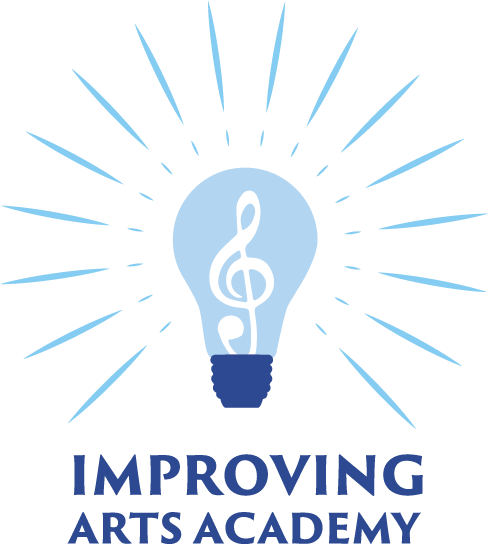Does My Voice Teacher Need a Degree to Teach Voice?
contributed by Augie Gil
Although the mark of a great teacher is often considered a passion for their students, an unfortunate trend has begun to settle in the profession of studio teaching. As more entrepreneurs and music-lovers seek to capitalize on communities seeking to further their education, more and more music teachers are being hired to instruct others even though they do not possess a degree of higher learning.
Of course, the path to obtaining a degree is difficult, but there are many who do not suffer disadvantages regarding schooling, finances, and access to resources that support musical learning. Experience can mean a lot though, right? Someone who has never obtained a degree in mechanical engineering can still possess a wealth of expertise when it comes to fixing machinery! Unfortunately, when it comes to the human voice, experience is not equal to expertise.
“In learning you will teach, and in teaching you will learn.”
What is Pedagogy?
Pedagogy is the method and practice of teaching, and many who study education, or more specifically - vocal education, are well-versed in this topic. There are all different kinds of pedagogy; any kind of topic that can be taught can have a pedagogical practice. But why is vocal pedagogy so important?
The human voice is more than just an instrument.
It is a muscle and part of a larger system that works together for your entire life.
A flautist may learn the incorrect embouchure and need to relearn the best way to produce a high quality sound on their flute in ten years. This would certainly be frustrating.
A percussion player may learn to hold their sticks or mallets the incorrect way, which might prevent them from moving throughout thirty-second note passages quickly enough. Unfortunate!
A voice student may not learn the correct way to breathe while singing, or may not learn how to use breath to access different parts of their voice, which might then cause tension in the vocal folds, neck, and tongue. If this trend proceeded unchecked, a singer can cause lasting damage to their voice and body.
Any teacher is capable of making mistakes, but those who teach the human voice as an instrument have a responsibility to ensure they know how the human voice and body works, how to troubleshoot for themselves and others, and how to guide someone else through the process to make them produce their best sound. This can be a daunting task for teachers, but it is so important for young singers to study with individuals who have worked and studied the voice and body so long-lasting damage does not take place in the learning process.
Improving Arts is Here to Help
We at Improving Arts Academy are so fortunate to have instructors that have an incredible wealth of knowledge and experience. Our instructors are lifelong learners, and continue their own learning to understand the human voice by attending workshops, professional development, and by studying with vocal coaches of their own to continue to grow their instruments.
We would love to help you grow in your own journey of growth. Let us help with setting goals and achieving them! Book a lesson today and use the promo code “VOCALHEALTH” for a 20% off coupon for any of our voice lesson services.
(this coupon will expire December 31, 2022)





